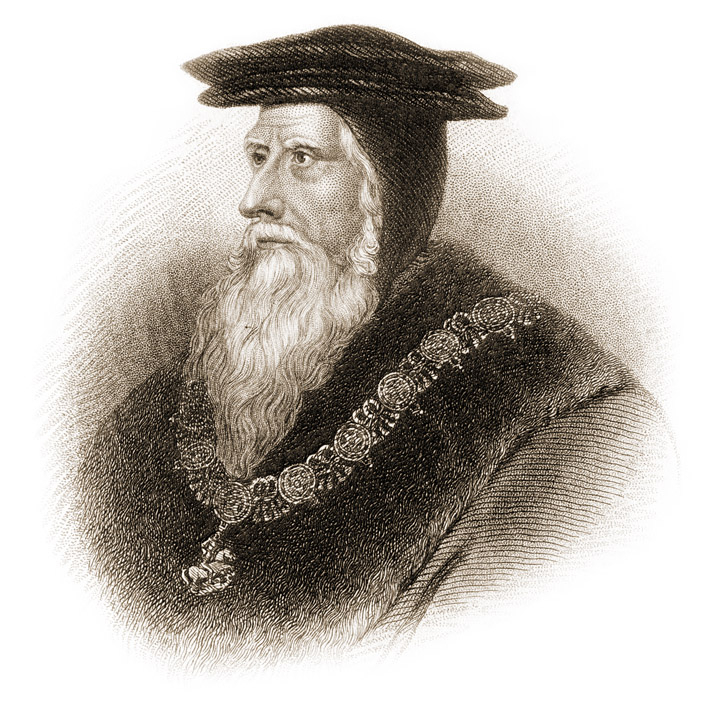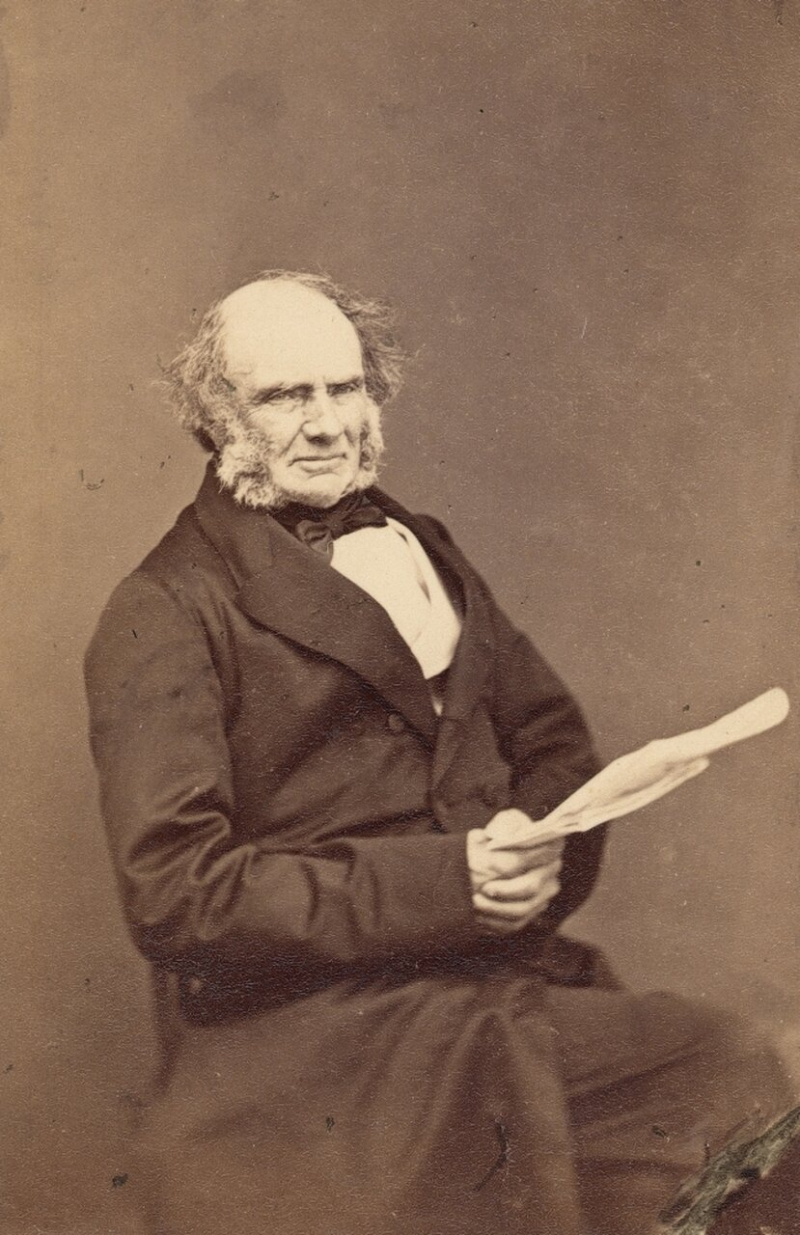British foreign policy was guided by Russell and Palmerston
The two men's antagonism became the main factor in the Aberdeen government's inability to adopt a clear foreign policy stance after 1852. Palmerston was chosen Home Secretary in the Lord Aberdeen administration, while Russell was named Foreign Secretary since he was the head of the coalition's largest party. Russell, together with Palmerston, backed the government's decision to take a tough stance against Russian territorial aspirations in the Ottoman Empire. The two chose to support France in defiance of the more circumspect members of government. This strategy ultimately led to Britain's entrance into the Crimean War in March 1854, an eventuality that the more cautious Aberdeen had sought to prevent. In the months that followed, Russell grew impatient with Aberdeen and the Secretary of State for Military, the Duke of Newcastle, for what he perceived to be their ineffective war leadership.
The army was reportedly experiencing supply shortages, inadequate housing, and inadequate access to medical care, according to dispatches from the front. Russell encouraged Aberdeen to replace Newcastle with Palmerston in November 1854 because he thought Palmerston would have a stronger hold on the war's planning, but his suggestions were rejected. Following a string of military failures, radical MP John Roebuck introduced a Commons resolution in January 1855 calling for the appointment of a select committee to look into how the war was managed. Russell withdrew from the government to abstain because he did not want to support a vote against an inquiry he felt was urgently needed. When the Roebuck motion succeeded by a vote of 305-148, Aberdeen resigned because he saw it as a rejection of his leadership.












